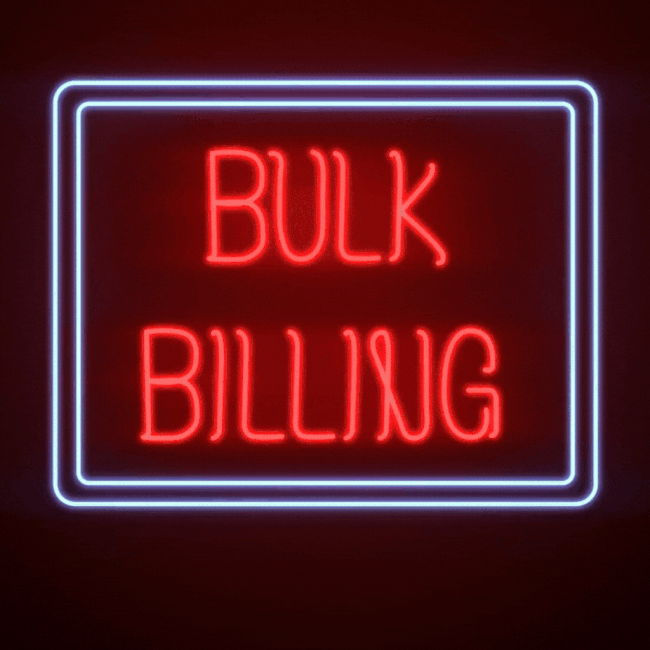The end of bulk billing
Bulk billing is broken as GPs are forced to charge gap fees to avoid going broke. It could have dire consequences for young people.

Bulk billing is broken as surgeries are forced to charge gap fees to avoid going broke.
Young people, particularly those with mental health issues, could bear the brunt of the 'collapse in bulk-billing', GPs warn.
A large number of general practices have told their patients they will abandon bulk-billing - the Medicare scheme in which the government pays GPs for consultations so patients don't have to.
If your GP does not provide bulk-billing you can expect to pay $86 for a standard or $140 for a long consultation. Medicare will give you a rebate of $39.10 and $75.75, respectively.
The rebate doctors get for a standard consultation is $39.75, which doctors describe as a pittance. Since the Medicare repayment no longer covers their costs, GPs claim they risk going broke if don't charge a gap fee.
"Because I see a significant portion of the market moving away from bulk-billing, it's the disadvantaged groups, often the young without jobs ... who won’t be able to afford even a $20 gap," Director of Australian GP Alliance Jared Dart said.
"Young people with mental health issues who don't get access to primary care, GPs, psychologists, and other support, can end up with misadventure, drugs, alcohol, injuries, traumas, suicide attempts," he said.
The bulk-billing crisis has been triggered by a decline in GP numbers as fewer Australian medical graduates choose general practice. About 15% of medical students want to go into general practice, even though it should be at least 60%, Dr Dart said. Part of this is that GPs are paid considerably less than other medical specialties, and have been making less money because of low Medicare rebates that have been frozen for most of the past nine years.
GP practices have also taken on much of the responsibility of covid testing and vaccination over the last few years while dealing with medical inflation, higher operating costs, and a drop in overseas-trained doctors gaining entry to the country.
In 2021, 88% of GP services were bulk-billed. Australian Society of General Practice president Chris Irwin told The Australian as many as 60% of practices that currently bulk-billed patients could be preparing to introduce fees.
"It’s extremely hard for GPs because they just want to serve the community and … protect the most vulnerable. But we’re just getting to the point that if something doesn’t change, there literally won’t be general practice in 10 years."
Royal Australian College of General Practitioners Rural Chair Michael Clements said he worried "teenagers and youth may use cost as an excuse to not seek care" but GPs were forced to charge fees "out of survival".
"Younger people come in to chat about sexual health and mental health, we don’t want to see it as a reason they stop seeing us before things go in the wrong direction."
"GPs can't afford to keep their doors open without charging. I had to stop bulk-billing pensioners and children at two of my (three) practices. You just can't afford to provide a good level of care while accepting rebates that are less than half of what we need."
He added a number of rural and regional GP's decided to close down rather than introduce private fees because they were worried about the effects on patients and staff.
"It really has reached ‘tipping point’ ... Many practices will never go back to bulk-billing now."
He blamed the "very deliberate underfunding of medicare ... by both labor and liberal governments."
Federal Health Minister Mark Butler has described the decline in bulk-billing as a “terrifying trend”.
He also told ABC RN Breakfast that if things don’t turn around there will be "terrible consequences".
"The average gap fee to go and see a GP now is more than the Medicare rebate itself for the first time in Medicare's history,” Butler said.
Butler said that he is working to strengthen the Medicare Task Force in response, which will receive recommendations that will be rolled out next year.
Over the past decade, patient out-of-pocket costs for GP services have gone up by 50% on average.


